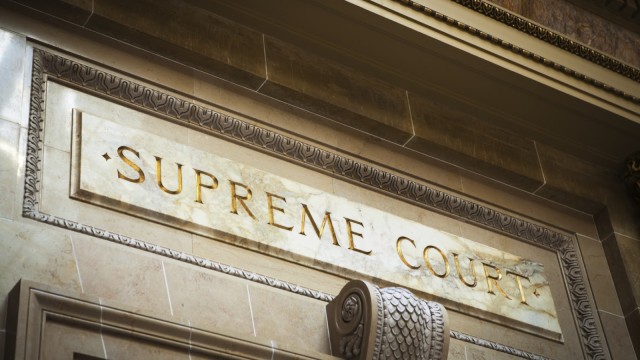
Yesterday, 17 judges were elected by the Legislature, all of whom were unopposed – at least by the time lawmakers actually held the elections. All but one of these judges were elected by voice votes over audible-but-unrecognized objections, despite the state constitution’s requirement that voice votes can only be used in elections by the Legislature if no one objects.
It should be noted, however, that several of these newly elected judges did face opposition – at least at first. South Carolina’s process for choosing judges is largely dominated by lawmakers, with no input from the executive branch on many judicial seats to help preserve the balance of power and judicial independence.
Simply put, it is impossible to run for family, circuit and appellate judgeships in South Carolina without the permission of a 10-member panel (six of whom are lawmakers) appointed by three legislative leaders. This panel – the Judicial Merit Selection Commission – is supposed to screen and nominate up to three candidates for each judicial seat.
The harsh reality is that between the judicial nominations and elections, candidates campaign for legislative votes. If they can’t collect enough, they typically are pressured to drop out – ostensibly to spare them the embarrassment of a lost election, though according to one former judicial candidate, the attorney-lawmakers – who comprise about one-third of the General Assembly – find it uncomfortable voting for a judge before whom they may later appear.
This week’s throwback highlights the corrupt process, and the influence that lawyer-lawmakers hold over the election of the state’s judges.
Lawyer-lawmakers play large role in electing S.C. judges
S.C. Supreme Court Chief Justice Donald Beatty is a former state House member. So is James Lockemy, chief judge of the S.C. Court of Appeals, the state’s second-highest court.
The road from the State House to the court house historically has been an easy one, as The Nerve has previously reported. Last week, the Legislature, which has 51 lawyer-lawmakers, or 30 percent of the 170-member body, continued their tradition of nepotism in the latest round of judicial elections.
South Carolina and Virginia are the only states where their legislatures play primary roles in electing judges. And lawyer-legislators exert considerable control or influence over the process in the Palmetto State.
